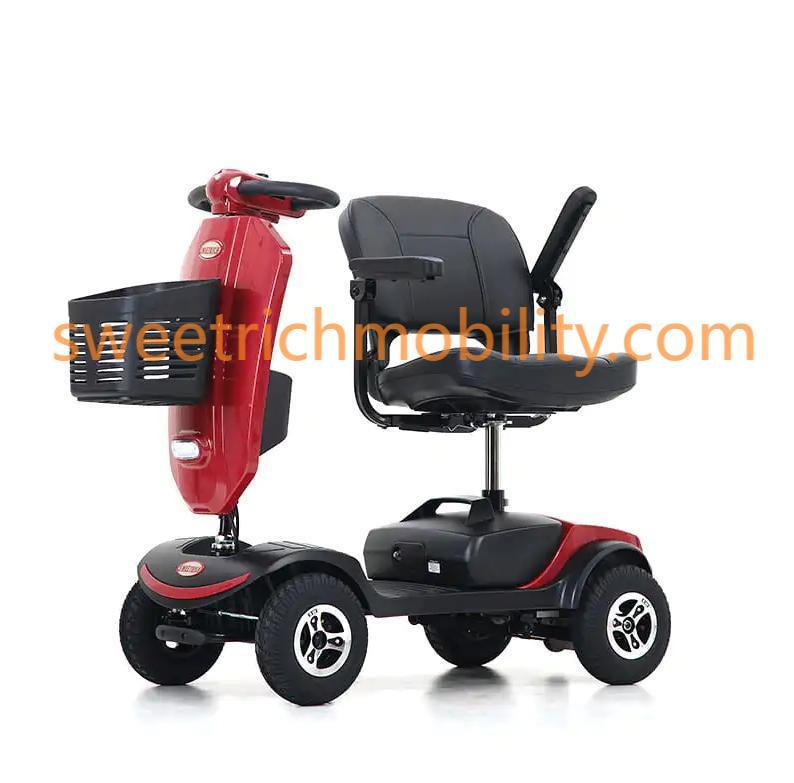Modern commuting habits have been reshaped by the rise of compact mobility solutions, and demand for the Wholesale Mobility Scooter illustrates how sustainability can align with convenience. Lightweight frames are no longer just about portability; they represent the combination of strength, efficiency, and responsible material use. Consumers are drawn to scooters that balance sleek appearance with dependable performance, while also minimizing environmental impact.
The importance of frame design goes beyond aesthetics. A carefully engineered body structure ensures durability under frequent use, providing reassurance for daily riders. The use of reinforced composites and advanced alloys offers both resilience and flexibility, delivering scooters that adapt to different lifestyles and commuting patterns. Reduced vehicle weight translates to improved handling, effortless maneuverability, and easier storage in compact spaces.
Sustainability plays a central role in these innovations. Designers increasingly choose recyclable materials that maintain strength while reducing waste. By integrating replaceable elements, scooters become easier to repair, extending their lifespan and reducing the need for complete replacements. This modular approach not only benefits individual users but also contributes to wider ecological goals by reducing overall consumption.
For many urban residents, convenience is key. The ability to fold or disassemble a scooter makes it compatible with apartments, office spaces, and public transit systems. Compact design helps reduce congestion on crowded streets while giving riders the freedom to move flexibly through city networks. This adaptability demonstrates why scooters are steadily becoming integral parts of sustainable mobility ecosystems.
Lightweight structures also directly influence energy efficiency. Reduced mass requires less power for propulsion, meaning batteries last longer on a single charge. In practice, this means users can enjoy extended travel without worrying about frequent recharging. Combined with advances in battery innovation, this creates a synergy between power systems and frame design that enhances reliability and practicality.
Urban environments benefit from these compact designs as well. Cities facing challenges of traffic congestion and limited space find scooters to be effective solutions for short to medium-range commuting. Their quiet operation contributes to reduced noise levels, while smaller footprints make them easier to integrate into existing transport hubs. By bridging gaps between transit points and final destinations, scooters help create seamless travel experiences.
The consumer perspective has also evolved. Buyers are not only interested in personal convenience but also in how their purchases contribute to sustainability. Knowing that their scooter incorporates eco-conscious materials and energy-efficient design adds value to their investment. This alignment of function, responsibility, and style is why lightweight scooter frames are considered more than simple transport devices—they represent a shift toward greener urban living.
Companies like Sweetrich continue to showcase how practical design choices can reinforce ecological priorities. Their scooters combine innovative materials with thoughtful engineering, creating models that reflect both consumer needs and community values. By providing riders with durable, efficient, and stylish vehicles, Sweetrich demonstrates how the future of mobility can remain sustainable without sacrificing performance.For those seeking mobility solutions that integrate reliability, eco-conscious design, and modern innovation, options can be explored through http://www.sweetrichmobility.com/ .
 Free IL
Free IL


